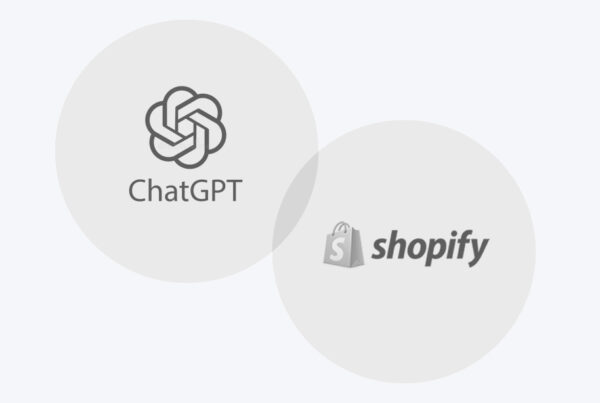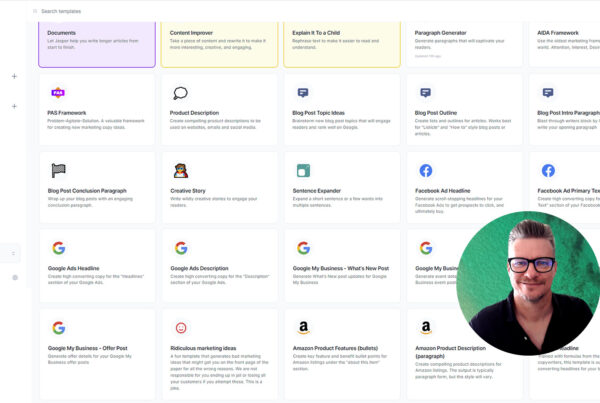Ten years ago, search engine optimization was fairly straightforward:
Make sure the search engines can crawl your site, use the right keywords, and get lots of links. As the engines become more and more sophisticated at delivering personalized results, these traditional SEO signals are no longer enough. Social media, however, specializes in the signals that search engines crave: identity and relationships.
Search engines are working on making their results ever more personalized so that their search results will contain more content directly relevant to you, either based on location, past behavior, or from people you know or are likely to trust.
How Social feeds SEO:
By understanding that identity and relationships are important to search engines and therefore to SEO, we can begin to change our marketing behaviors so that we’re positioned to benefit as the tide swells.
But blasting Facebook posts out that link to your site won’t give you an ounce more link authority in the search algorithms. All reputable social networks strip the link authority from the links off to other sites by using 302 redirects or nofollow attributes. So where exactly is the value to organic search?
- Indirect link earning. If no one sees your content, regardless of how amazingly awesome it may be, no one can link to it. Social media can be a powerful way to expose masses of customers to engaging content. The more people that see that content and enjoy it, the more likely it is to earn reshares that expose even more people to your messages. Increasing the number of exposures logically increases the number of people who are likely to link to the content on a blog or another site that does pass link authority back to your site.
Recent studies have shown a high correllation between the numbers of Google +1s and Facebook Likes compared to high rankings. Naturally some speculate that social data is already being used in web ranking algorithms, but Google and Bing both deny it. Most likely the rankings are a result of the afore mentioned increased exposure/increased linking relationship.
- Personalization. Social relationships also create opportunities for your content to show up in individual customers’ personalized search results. For example, If Sally uses Google+ to +1 an informative tips and tricks page on your site, and Sally is friends with Susie, the next time Susie searches for similar tips content she will likely see that Sally liked your tips and tricks page enough to share it.
Your page may display in Susie’s search results purely because Sally shared it, when it wouldn’t have normally been displayed in search results. And the search result will be visually augmented with Sally’s picture and the notation that she shared it. That personalization benefits your ability to rank, your visual appeal to increase click through, and boosts trust based on the relationship between Sally and Susie.
Multiply this interaction by 100, 1,000 or 10,000 and you can understand the widespread impact that personalization based on participation in the right social networks can have. For Google search results, the social network that matters most is Google+. Don’t roll your eyes, there are several very good reasons to participate in Google Plus.
source: practicalecommerce.com





